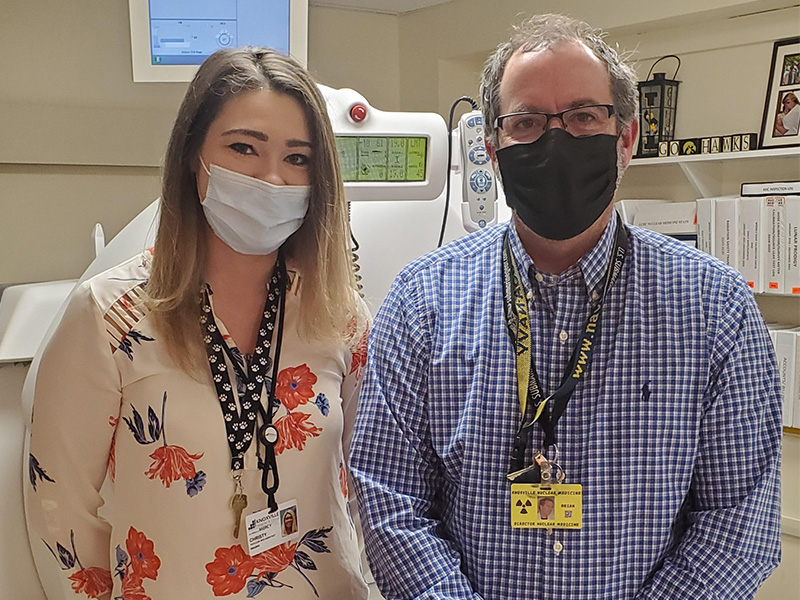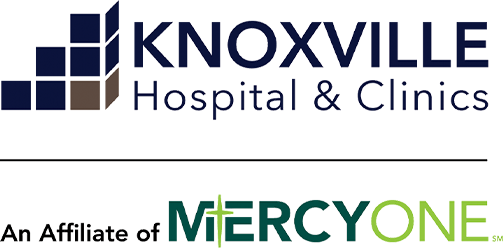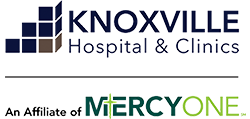KNOXVILLE, IA – The mystery of nuclear medicine first caught the eye of Brian Clarke, Knoxville Nuclear Medicine owner and technologist, when he was a student at the University of Iowa.
“Through an opportunity to do a veteran’s work study program, I found it amazing that one could work with radioactive materials and see inside the human body with such impressive, sensitive, and highly technological imaging equipment,” said Clarke. “I was hooked.”
For almost 25 years, patients have reaped the benefits of a partnership between Clarke and Knoxville Hospital & Clinics (KHC) to provide nuclear medicine, services that are used to help diagnose and treat many health conditions, including heart disease – the leading cause of death in the United States.
A special kind of imaging, nuclear medicine creates images of the body and its functions through a safe radioactive substance as it flows through the body. With more than 30 million Americans having heart disease, nuclear medicine plays a pivotal role in not only diagnosing, treating, and monitoring heart disease, but also gastrointestinal and neurological problems, and even cancer.
Nationally certified from multiple registries and board certified in nuclear cardiology and radiation safety, Clarke enjoys the opportunity to perform diagnostic procedures on his family, friends, and fellow community members. He also accepts referrals from outside health care providers and ensures that patients can get their procedure scheduled in a timely manner.
A simple procedure that could save a life
Through the years, Clarke has found it extremely satisfying to be a small part of the process of diagnosing heart disease. According to Clarke, the key to treating or even preventing heart disease is diagnosing heart problems early, so treatment can begin as soon as possible.
If you are experiencing symptoms that may indicate heart disease, such as high blood pressure and cholesterol, obesity, diabetes, unhealthy eating habits, inactivity, etc., Clarke recommends you see your health care provider to determine if a nuclear stress test is needed.
“One of the most performed non-invasive diagnostic heart tests done is the cardiac stress test with nuclear imaging. This test is typically done to diagnose heart disease and measure how well your heart and coronary arteries respond to the physical stress of exercise,” states Clarke. “It is a simple procedure that could mean saving a life.”
Modern-day equipment and procedures close to home
Clarke prides himself on providing the nuclear medicine procedures and equipment at KHC that you would find at larger facilities. A year ago, he installed the General Electric (GE) Infinia, a revolutionary diagnostic nuclear medicine imaging system that provides unprecedented image quality and quicker scan times with less radiation dosage.
“The newest technology not only plays a significant role in assisting health care providers in diagnosing diseases in their earliest stages, but it also helps KHC to continue offering the highest quality service to the community,” said Clarke. “For patients coming to KHC from other facilities, they get top notch services with that smalltown family experience without being just another number or statistic.”
The evolution of nuclear medicine through the years has had a positive impact on health care. Clarke considers himself one of the lucky ones who gets to work with the technology daily that helps improve outcomes for patients with health conditions, like heart disease.
“I am fortunate I was given the opportunity to learn about nuclear medicine all those years ago,” said Clarke. “It has been a great privilege of mine to provide this cutting-edge service in Knoxville.”
Knoxville Hospital & Clinics is a non-profit community hospital serving Marion County and the surrounding area. Named a “Top 100 Critical Access Hospital” and Voted as Best of Red Rock Area’s “Best Place to Work” and “Best Hospitality”, KHC’s highly skilled medical staff and specialists provide personal, compassionate, and innovative quality health care to patients. For more information regarding this release and other happenings at Knoxville Hospital & Clinics, call the Public Relations office at (641) 842-1485.


